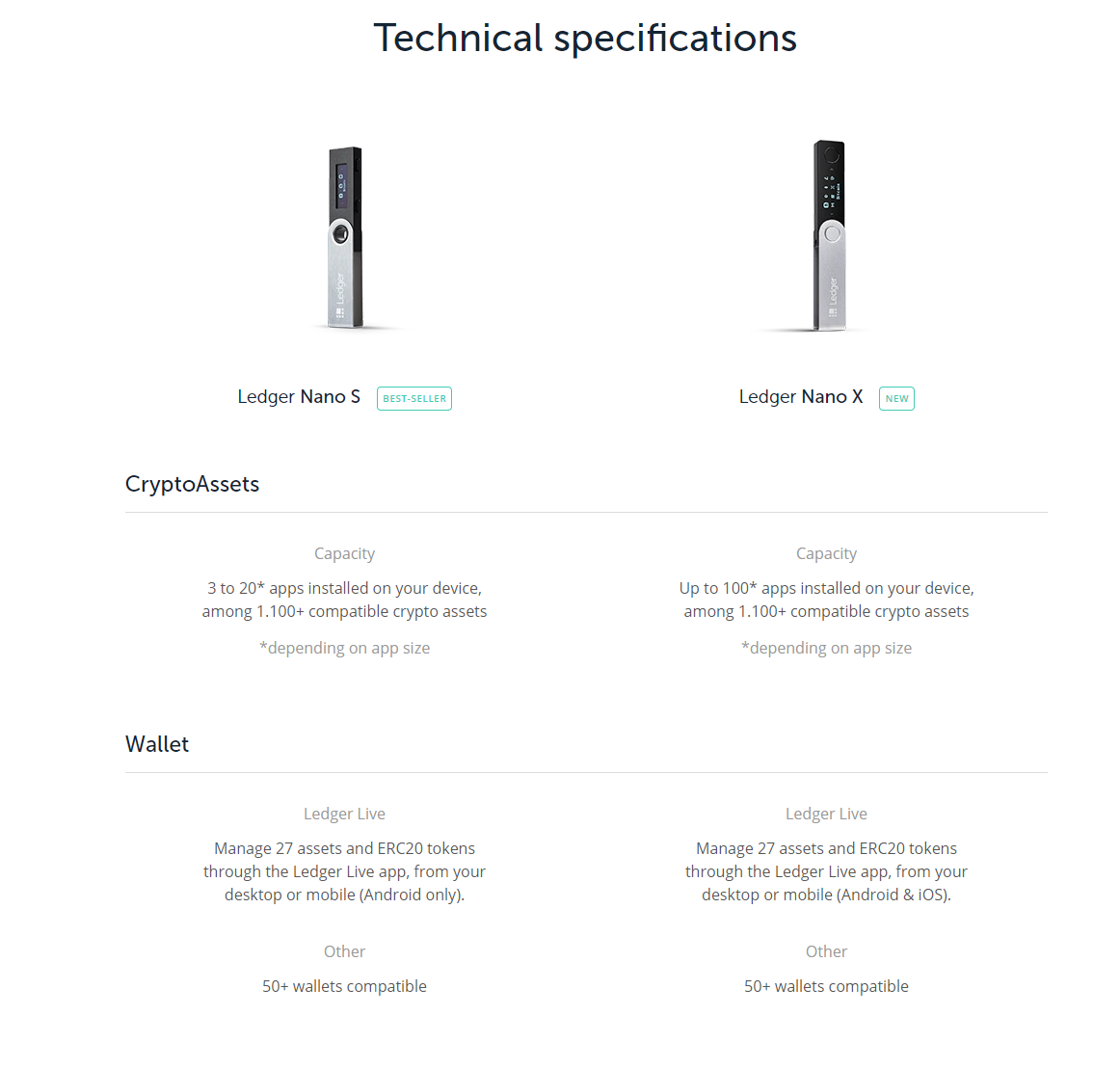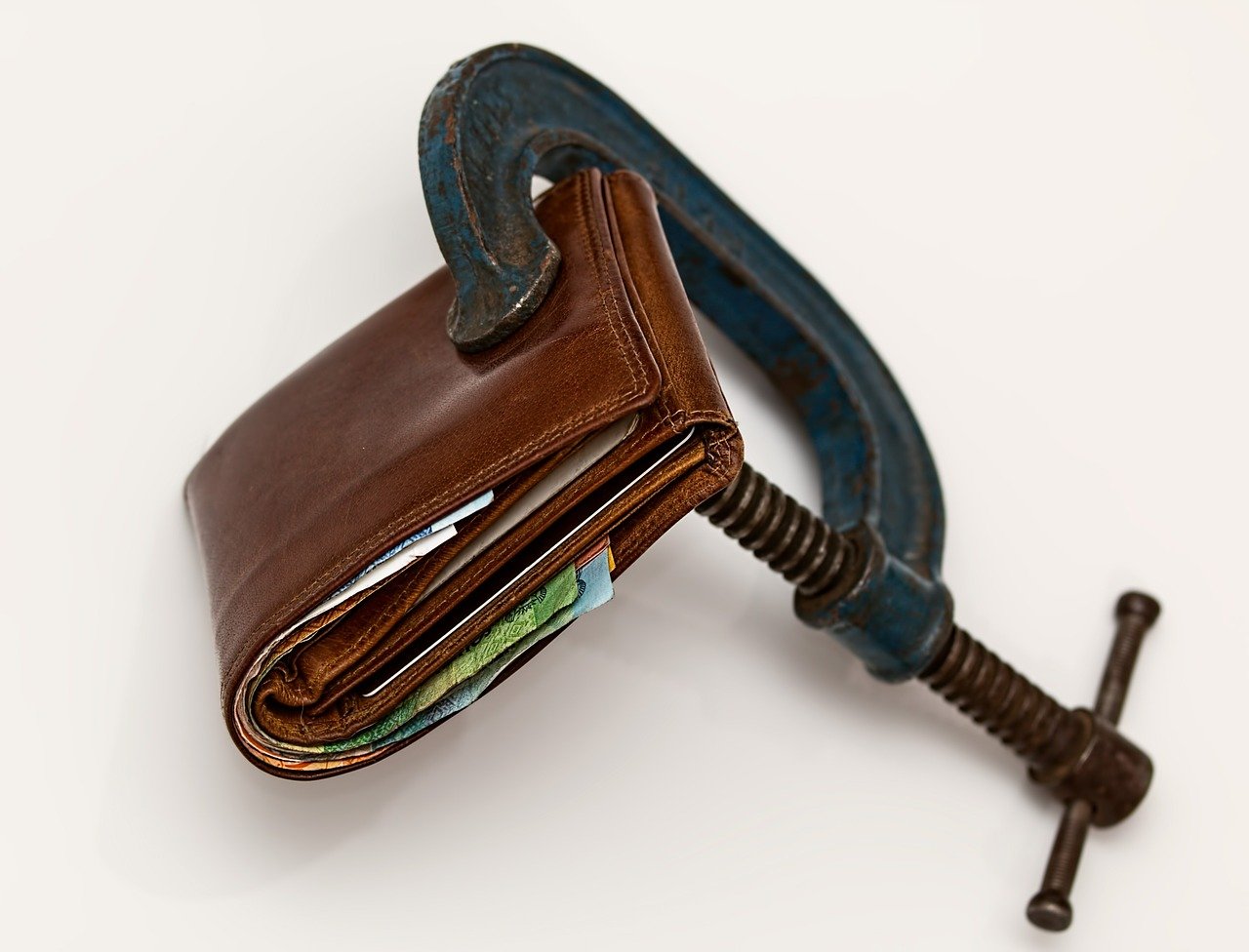Most cryptocurrency beginners opt for simply using a reputable exchange like Coinbase or Binance to store their coins. Unfortunately, this option is definitely not the best when it comes to security. Many exchanges have been attacked and hacked in the past. Even if it is a secure option, it’s not flexible as not all coins will be listed on all exchanges.
If you are looking to store your ERC-20 tokens in a secure location, Binance or Coinbase might simply not even have them. So what’s the alternative? Hardware wallets.
What is a hardware wallet?
A hardware wallet is specifically designed to store cryptocurrencies in a secure way. These wallets store your private keys and protects them from hacks and attacks from the Internet. There is obviously still some risk as you could lose your hardware wallet, but they still provide the best security for normal investors.
Although there are many hardware wallets currently available, we will only list the most popular ones.
Ledger
Ledger is by far the most popular option and it offers several models for its clients. The main benefit of this wallet is that it supports ERC-20 tokens and offers a 24-word recovery phrase in case you lose your wallet or someone steals it.

The price of the Ledger Nano S is currently €59 and it’s the lightest version. It allows up to 20 apps to be installed on the device and has 1,100+ compatible cryptocurrency assets.
The Ledger Nano X allows up to 100 apps and has a bigger screen and battery. It costs €119 at the time of writing.
Trezor
Trezor is certainly another popular choice by cryptocurrency investors. It allows users to store coins offline and even trade them. The company offers two models, the Trezor One and Trezor Model T.
The first model is for average investors and supports more than 1,000 different cryptocurrencies. The main difference between this one and the Trezor Model T is that the latest one offers support for coins like XRP, EOS, Cardano, or Monero as well as all the other coins. The PIN, passphrase, and device recovery only happens on Trezor and they are not available via computer or mobile.
The Trezor wallet also allows users to exchange and trade their cryptocurrencies thanks to a built-in exchange. Additionally, Trezor plans to add another feature soon to allow customers to cash out their profits by selling Bitcoin and other coins and receive their preferred currency directly in their bank accounts.  © Cryptoticker
© Cryptoticker